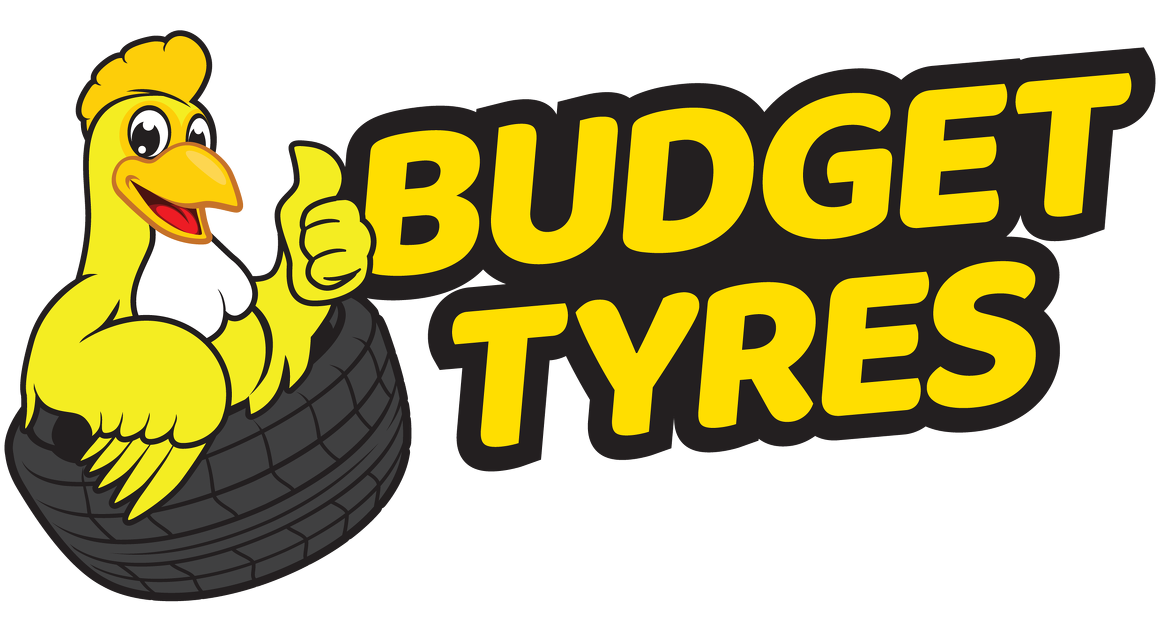It's Easy
When enquiring about replacing your tyres, we will need to know your exact tyre size. You can easily find this on the sidewall of your tyre. It will read something like 195/65R15 or in the case of commercial tyres, often on tradie vans and alike, it will read something like 195R15C.

For Example:
235 / 55 R17 99W
235 is the width of the tyre in millimetres.
55 is the aspect ratio or tyre profile.
R means it is radial construction (common in most passenger tyres)
17 is the diameter of the wheel rim in inches.
99 is the Load Index
W is the Speed Rating
What’s a tyre’s profile?
This identifies the ‘height’ from the bottom of the tread to the rim, and the number represents a percentage of the tread width. Our tyre example (235/55R17) has a profile or sidewall that is 55% of the 235mm (width).
Give us a call or email us and together we will find the perfect tyre for you!
EUROPEAN VEHICLES, UTES AND 4WD
There are a couple of other helpful things to notice:
- Are your tyres Runflats? Often found on European vehicles with no spare tyre or inflation kit
- For Utes and 4WD
- HT - Highway tread pattern – 100% on-road
- AT – All terrain tread pattern – practical for mostly on-road, but you drive on some gravel, boat ramps and places where extra traction is helpful.
- MT – Mud terrain tread pattern – practical for those who travel mostly off-road. 4WD enthusiasts, regular seasonal visits on snow and sand and farm hacks will benefit from MT tyres.
- HT - Highway tread pattern – 100% on-road
MATCHING A SINGLE TYRE?
When you need an odd number of tyres, for the purposes of a warrant, we need to match the tyre to be replaced to the other tyre on the axle by tread category and load index. This is not easily achieved over the phone and is best done in store. Please come on in so we can help you further.
PASSENGER TREAD PATTERNS
Matching tread patterns is best done in store.
Very basically, passenger car tyres in New Zealand fall into 3 categories:
- Asymmetric – the pattern appears on an angle across the tyre. Water is disbursed to the outside of the tyre. The easiest way to identify an asymmetric pattern is to read the word ‘outside’ on the sidewall of the tyre.
- Non-Directional – if the tyre was cut down the centre line and opened flat the pattern would be continuous. It is not a mirror reflection. Water is disbursed to both sides of the tyre.
- Directional – identified by the word “rotation” or “direction” on the sidewall of the tyre. It may also have a small arrow indicating how the tyre is to be fitted. The directional tyre tread pattern resembles the shape of an arrowhead. Water is disbursed to the rear of the tyre like a duck tail.
You can read more about tread patterns here

























